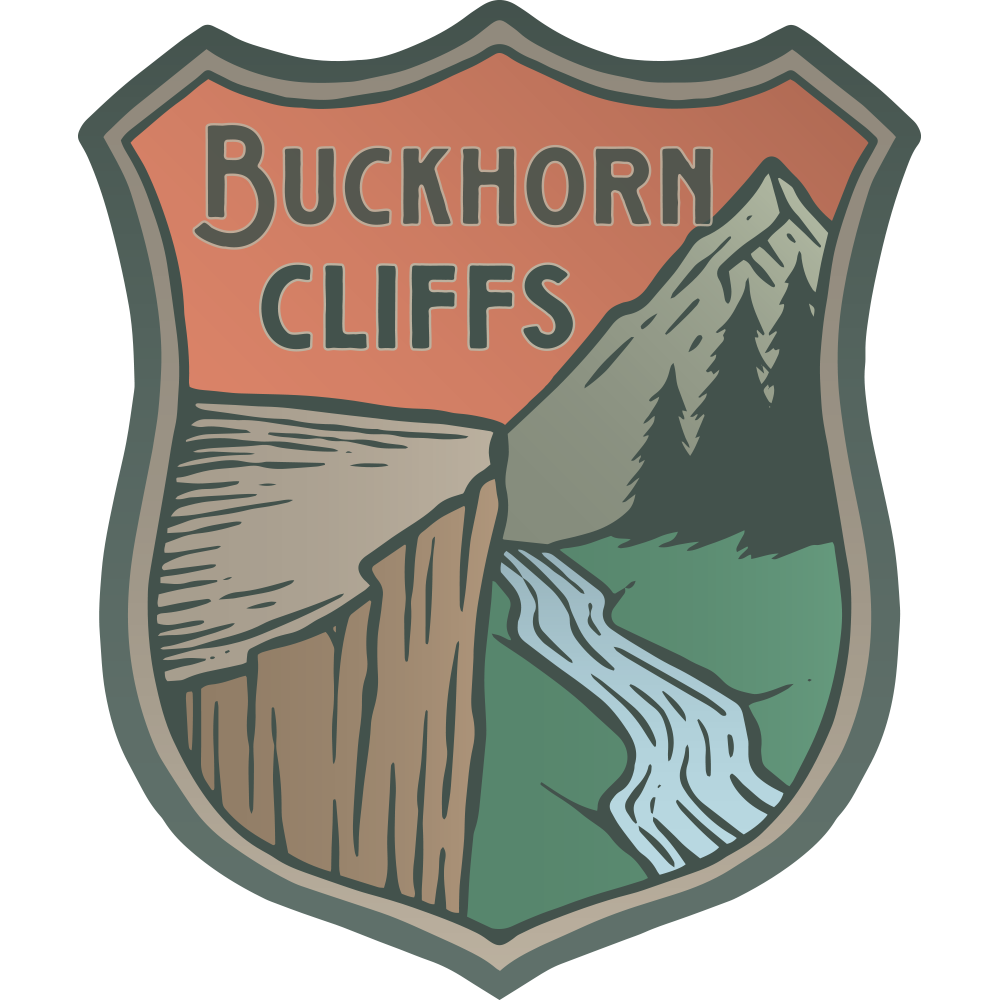Used to extract and preserve the active compounds of herbs for long-term storage and reliable use. Alcohol tinctures are strong, shelf-stable, and require only small amounts for effective dosing, making them ideal for preparedness and off-grid medicine.
Ethanol acts as both solvent and preservative. It pulls out a wide range of constituents including oils, resins, alkaloids, and glycosides while preventing microbial growth. Properly stored in amber glass bottles away from heat and light, alcohol tinctures remain potent for 5 to 10 years or more.
Ingredients
- Dried or fresh plant material (roots, leaves, flowers, or bark depending on herb)
- Ethanol (Everclear 95% diluted for fresh herbs, 40–65% for dried herbs)
- Distilled water (for diluting Everclear when needed)
- Glass jar with tight lid
- Fine cloth, coffee filter, or strainer
- Amber glass dropper bottles
When recipes call for “Ethanol (Everclear 95% diluted for fresh herbs, 40–65% for dried herbs)” it means you are adjusting the alcohol strength depending on whether the plant is fresh or dried. Fresh plants already contain significant water, so using undiluted Everclear ensures the final mixture still has enough alcohol to preserve and extract effectively. Dried plants have no natural water left, so you dilute Everclear with distilled water to bring it down to the 40–65% range (for example, mixing equal parts Everclear and distilled water yields about 47.5% ethanol, which is ideal for most dried herbs). This balance provides both alcohol to pull out resins and oils, and water to extract polysaccharides and glycosides. Distilled water is used for dilution because it is free from minerals and contaminants, giving you a stable, predictable solvent.
How to Make It
- Chop, slice, or crush the plant material into small pieces to increase surface area.
- For fresh herbs: fill jar with 1 part herb to 2 parts 95% ethanol.
- For dried herbs: use 1 part herb to 5 parts 40–65% ethanol.
- Seal jar tightly and store in a cool, dark place.
- Shake every few days during the 4–6 week steep.
- Strain through fine cloth or filter, then transfer to labeled amber bottles.
When you see “1 part herb to 2 parts alcohol” or “1 part herb to 5 parts alcohol,” it means you measure the herb by weight and the alcohol by volume. In practice, weigh your herbs on a kitchen scale in grams, then measure your alcohol in milliliters with a liquid measuring cup. For example, if you have 100 grams of dried herb and want a 1:5 tincture, you would add 500 milliliters of alcohol. This method keeps your tinctures consistent no matter what herb you are working with.
How to Use It
- Typical adult servings are 2 to 3 mL (about 60–90 drops) in water or tea, up to three times daily depending on the herb
- Can also be taken under the tongue (sublingual use) for quicker absorption into the bloodstream through the capillaries under the tongue; this bypasses digestion and allows faster onset, though the strong taste and alcohol burn may be uncomfortable for some people a common guideline is to hold 1 to 2 mL under the tongue for 30 to 60 seconds before swallowing
- Always label bottles with the herb name, alcohol strength, ratio, and date prepared so potency and origin are never in question
- Glycerin tinctures are recommended for children or those avoiding alcohol since they are sweet-tasting and gentler on the system
- Alcohol tinctures provide the broadest extraction of compounds and the longest shelf life, often remaining stable for 5 to 10 or more years when stored properly
Warnings
- Not all herbs are safe for all people; research each herb before use.
- Avoid use if pregnant, nursing, or allergic to the plant family.
- Alcohol tinctures are not suitable for children or those avoiding alcohol.
- Store securely, out of reach of children.
Storage & Shelf Life
- Keep in amber glass bottles with tight lids.
- Store in a cool, dark place such as a cupboard or cellar.
- Alcohol tinctures remain stable for at least 5 years, often 10 or more, and while they rarely expire in the sense of spoiling, their potency can slowly diminish over time depending on the herb and storage conditions.
- Label clearly with name, strength, ratio, and date.
When to Use It
- To prepare shelf-stable medicine from garden, foraged, or purchased herbs
- When compact, portable, and concentrated herbal extracts are needed
- As part of a preparedness system where teas or fresh herbs are not practical
- For long-term storage of medicinal plants in limited-space or off-grid settings
